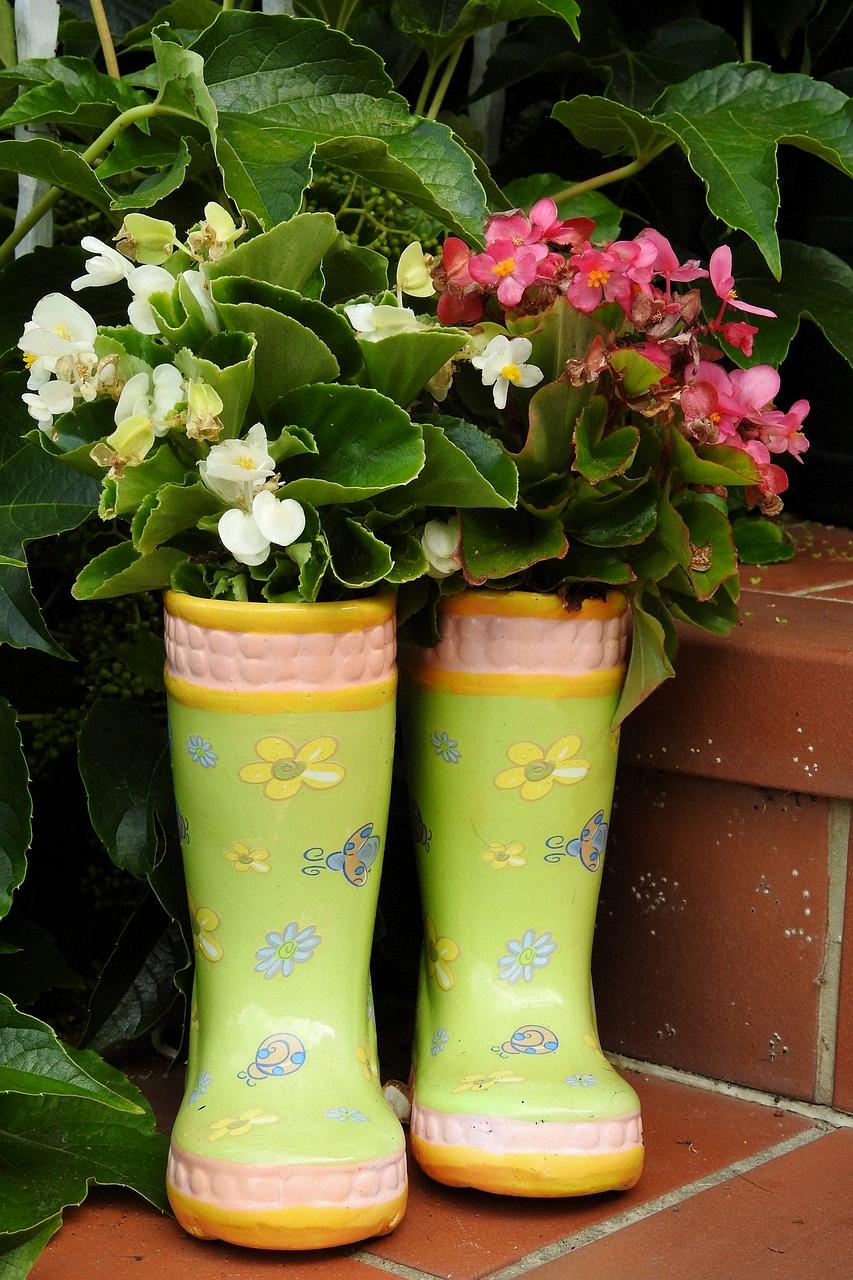When it comes to the well-being of begonias, humidity plays a crucial role. Begonias, especially the Rex begonia variety, thrive in environments with high humidity levels of 50% or higher. This means that if you want your begonias to flourish and maintain their health, providing adequate humidity is key.
Low humidity levels can have visible effects on begonias, particularly on their leaves. One telltale sign of insufficient humidity is when the edges of the leaves start to become crisp or dry. This is the plant’s way of signaling that it needs more moisture in the air to thrive.
For those facing challenges in maintaining high humidity indoors, there are practical solutions that can help create a more favorable environment for begonias. Placing the begonia pots on a tray filled with gravel or pebbles and water can significantly boost the humidity around the plants, ensuring they receive the moisture they require to stay healthy.
It is essential to understand that different begonia species may have varying humidity preferences, but in general, most begonias appreciate higher humidity levels. By creating a suitable environment with adequate humidity, you can expect your begonias to display vibrant growth and lush foliage.
Humidity has a direct impact on the overall health and appearance of begonias. In addition to preventing the leaves from drying out and becoming crispy, proper humidity levels can also help deter pests that thrive in dry conditions, ensuring your plants remain pest-free and healthy.
Monitoring humidity levels in the environment where your begonias are situated is crucial for their well-being. Investing in a hygrometer to measure humidity levels can help you ensure that the conditions are ideal for your begonias, allowing you to make adjustments as needed.
Creating a microclimate that mimics the natural habitat of begonias, which often have high humidity levels in their native tropical environments, can contribute to the overall success of these plants in your care. By replicating these conditions, you provide begonias with an environment where they can thrive and flourish.
Consistency in maintaining appropriate humidity levels is key to the long-term health of begonias. Fluctuations in humidity can stress the plants and make them more susceptible to diseases or other issues. By ensuring a stable and suitable humidity environment, you can help your begonias thrive.
Humidity requirements may vary depending on the specific begonia species you are growing. Some species may tolerate lower humidity levels better than others. It is essential to research the specific needs of the begonia variety you have to provide the best care and ensure optimal growth.
Proper watering practices are also essential in conjunction with maintaining adequate humidity levels for begonias. By ensuring that the soil is consistently moist but not waterlogged, you can create a balanced environment that promotes healthy growth and development in your begonias.
In conclusion, begonias indeed like humidity, especially varieties such as Rex begonias that thrive in high humidity environments. By understanding and meeting the humidity needs of your begonias, you can create an optimal growing environment that supports their health, growth, and overall well-being.

